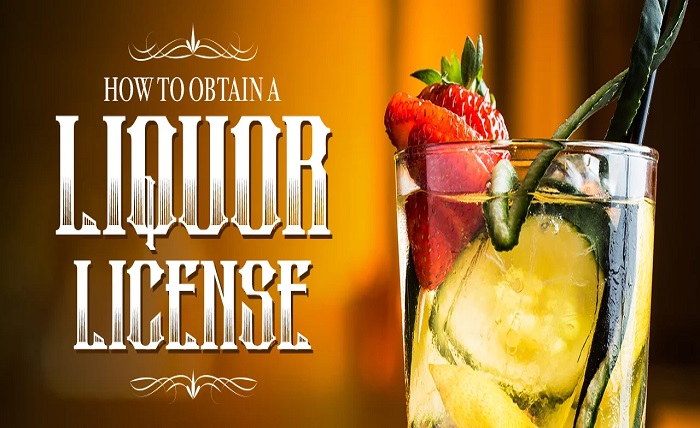5 Key Steps to Successfully Apply for a Liquor License

Having a liquor license allows your business to serve alcoholic beverages and can help you reap high-profit margins. However, the licensing process is complex and requires a lot of research to ensure your application is accepted. State governments award liquor licenses, and requirements vary widely by location. The following five key steps can help you successfully apply for a permit:
Determining Your State’s Alcohol Laws
When applying for a liquor license, you must know that the process will vary by state. This is because state governments often pass regulations that establish additional requirements for business owners to follow to obtain a license. For example, some states have quotas on the number of liquor licenses they can issue. Others require local government recommendations.
Understanding whether your location is in a “dry” county is also important. Dry counties prevent alcohol from being sold or consumed on the premises. They want to limit alcohol sales to control drunk driving and other related incidents. Many of these types of counties are located in rural areas. In contrast, open states generally regulate alcohol on a wholesale/distribution level and work to keep prices low.
Obtaining the Right License
The type of license you’ll need depends on what kind of business you operate. For instance, restaurants need a different permit than bars. Some states also have quotas for how many new licenses they issue, making it difficult to get a permit. Once you determine what kind of license you need, prepare the application. This includes submitting an initial application fee and any other fees specific to your application. Some states require applicants to publish their applications in a local newspaper. You should also have other business documents ready, like an employer identification number, zoning permits, building and health permits, and signage permits. Having these in place will speed up the process. You should also consult an attorney specializing in liquor license Dallas, TX, applications.
Obtaining Permits
Depending on your state and local government, you will likely need to submit certain business documents, such as an employer identification number, zoning permits, a health permit or food handler’s permit, a building permit, signage permits, financial verification sheets, and leases. Additionally, you may have to pay a processing fee and complete a background check. Many states have quotas that limit the number of new liquor licenses available. If you are in a quota county, it is imperative to understand your quota’s limits and plan. A qualified liquor license attorney can help you with the application process and ensure your business is ready for a successful start. The application is long, complex, and requires significant amounts of documentation.
Getting Started
Alcohol sales account for 30% of restaurant profits, and many states have a set number of licenses to be awarded yearly. If you still need to, research your state’s laws and find a local attorney to help with the application process. Liquor licensing applications have various requirements, including documents such as floor plans, menus, and fingerprints. Having all of these documents ready before beginning the application is important.
Additionally, if the premises are in a certain city, the Community Board must have input into the application. If the Community Board denies the application, it can be appealed. In some cases, the applicant’s profession will disqualify them from obtaining a liquor license (for example, police officers are not permitted to obtain a license). In other cases, there could be issues with the location — for instance, being within 500 feet of three existing licensees.
Maintaining Your License
Obtaining a liquor license can vary significantly from state to state. You should work closely with a business lawyer experienced in liquor licensing to ensure your application is accurate and complete. A clerical error could lead to significant delays in the licensing process. Some states have a quota of liquor licenses available, so it’s important to apply for one as soon as possible. Additionally, some states require that you publish a notice of your license application in the local newspaper for some time. If you have objections to your application, you may have to defend your proposal at a public hearing. The entire process can take weeks or months, depending on your state’s regulations.




